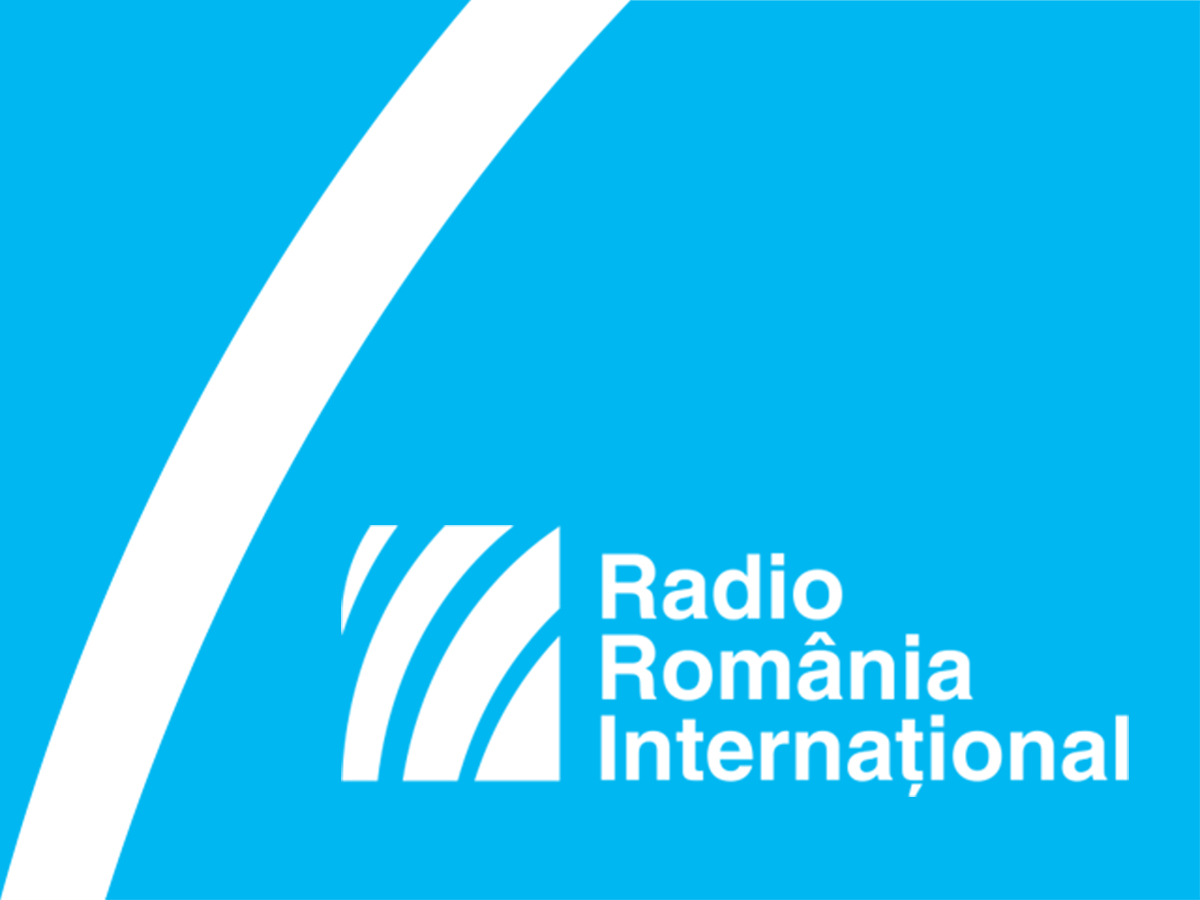The Myth Surrounding Poet Mihai Eminescu
Mihai Eminescu is Romanias national poet, and literary historians consider him one of the fathers of the modern Romanian language.

Steliu Lambru, 23.11.2015, 14:01
Mihai Eminescu (1850-1889) is Romania’s national poet, and literary historians consider him one of the fathers of the modern Romanian language. Patriotic poetry is some of his best-known work, and Eminescu has become the object of a veritable myth. Many things that are believed about him as uncontested truth are pure mythology. The French Annales school of thought has founded the study of myth, and also dealt with the history of mentality and the imaginary.
Historian Lucian Boia took upon himself the difficult mission of deconstruction Eminescu’s myth in his latest book, “Mihai Eminescu, Absolute Romanian. The Making and Unmaking of a Myth.”
“Eminescu’s myth stems from many places, it is typical to a certain extent of a smaller country and culture, a culture that felt the need to recover its historical and cultural backwardness. This was Romania in the 19th century, when Eminescu’s myth emerges. He appears as a providential figure, he is the Romanian who manages to gather every good quality, the genius of the Romanian nation. He was a national, but also universal genius. He is what Romanians offered to themselves, but also the world, it is Romania’s contribution to world culture at large.”
Eminescu’s myth is typical of a conservative, agrarian society, as Romania of the 19th century was. Here is Lucian Boia once again:
“Of course it is precarious to bet everything on a single personality. This doesn’t happen in bigger cultures. We don’t see the French, the British or the Germans pushing forward a single person to embody everything, and not just in literature. This is what is extraordinary about Eminescu, he is the supreme symbol of the Romanian spirituality and nation, and he is more than a great poet. It is already a great deal to be proclaimed national poet, high above the others, not only for a brilliant way of writing, but also for being identified with the Romanian nation. This is, in the end, the manifestation and result of a frustration that Romanians have, as a small country ignored by others.”
How was this myth created? Lucian Boia attempts an answer:
“Eminescu’s myth was created in the last years of his life, and here the poetry, truly splendid, combines with the poet’s tragic destiny; the tragedy of his life combined with the value of his poetry. In the first years when the myth manifested, its substance was poetry; ideology was not yet an issue. That emerged right after 1900, in the contest of nationalist currents. After the abuse of foreign influence, pro-Western influence, as some considered it, there followed a stage of balancing, when the Romanian tradition and the Romanian peasant returns to the forefront. That is when Eminescu became a great ideologue of what it means to be Romanian. After that the Eminescu myth continued to grow, and in the end, it became a myth to be used by everyone, across the political spectrum.”
The late poet Grigore Vieru wrote a famous line, “Let Eminescu judge us’, which sums up how overwhelming the poet’s myth has become. We asked Lucian Boia what this means:
“This means that Eminescu is seen as a true divinity of what it means to be Romanian, he is the one who is always right, who knows where we come from and where we are heading. He is our supreme guide; no Romanian myth or mythical personality rises above Eminescu’s. Who else could there be? We could think of Stephen the Great or Michael the Brave, representative figures with strong myths. But Eminescu is above everyone, he sums up everything, he is the perfect expression of Romanian spirituality and the destiny of Romanians in this world. He is the absolute Romanian, as Petre Tutea put it, and this is what I used in the title of my book.”
Lucian Boia, as some critics believe and he himself claims, wants to put order into things when it comes to the poet:
“Lifting Eminescu so high, in many ways without justification, such as comparing him to Einstein, inventing imaginary plots against him, have also brought about adverse reactions. There are people obsessed with the poet, but there are also people who don’t even want to hear about him anymore, especially in the young generation. It can be overwhelming. This evolution is not all right, with exaggeration and excess in both directions. This harms Eminescu, who, after all, is a great poet. That is what he is. I plead for getting back to the authentic Eminescu, the poet.”
The great poet is here to stay in Romanian culture, but a critical look at this phenomenon might entice future generations to appreciate his true value, which sometimes is obscured by the myth.
(Translated by: C. Cotoiu)






























